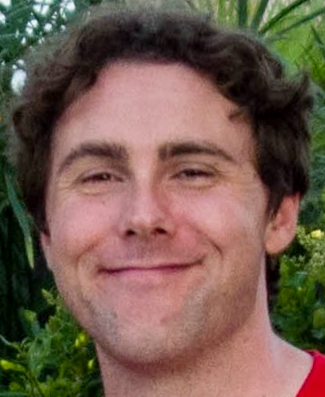
Cellular and Network Level Correlates of Perceptual Variability
Description
**Faculty Candidate Search - Systems Neuroscience**
The neocortex underlies our ability to alter the way we sense and interact with the world based on cognitive demands. Interactions between cognitive and sensory areas are known to be key to shaping our perceptions, but how these interactions are governed by, and influence, circuit/cellular level activity is not well understood. A key issue is determining if and when correlated activity among specific neurons can be meaningful to representation. This is an issue because the neocortex is often thought to be ‘noisy,’ or even actively decorrelated. Resolving this matters because the neocortex shows incredible cellular diversity, a remarkable degree of specificity in the connections between cells and the potential for rich computation at the single cell level. All of this diversity could be exploited computationally if specific representations can stand out, but not necessarily if the aggregate activity of cortex has to be averaged to overcome noise or variability.
I will discuss work using chronic two-photon calcium imaging of large neuronal populations in somatosensory cortex of mice engaged in psychophysical tasks. This approach allows links between neuronal variability and perceptual variability to be made. I find that successful perception is indeed characterized by widespread decorrelation of activity in most neurons, but not a change in their stimulus-evoked firing rates. However, a sparse subset of highly correlated neurons show further increases in correlations and rate. These neurons are a mixture of pyramidal cells and interneurons that are ultimately more predictive about the underlying stimulus features and choice. I hypothesize that active decorrelation of the larger population, and enhanced correlations within a small highly informative group are driven by a common network level selection mechanism. Complementary imaging and computational modeling work suggests this mechanism involves both increased activity and correlation of top-down projections, as well as long-term changes in the activity of local somatostatin-containing interneurons. I will conclude with a brief overview of my future research plans. These include refining and using two-photon optogenetic stimulation methods to study the effects of informed manipulations of cortical rate and pattern in various perceptual behaviors. In addition, I aim to approach the ‘read-out’ problem for codes that involve sparse, correlated and distributed cortical activity, by testing hypotheses that predict this organization is ideally suited to drive activity of spiny projection neurons within the striatum.

